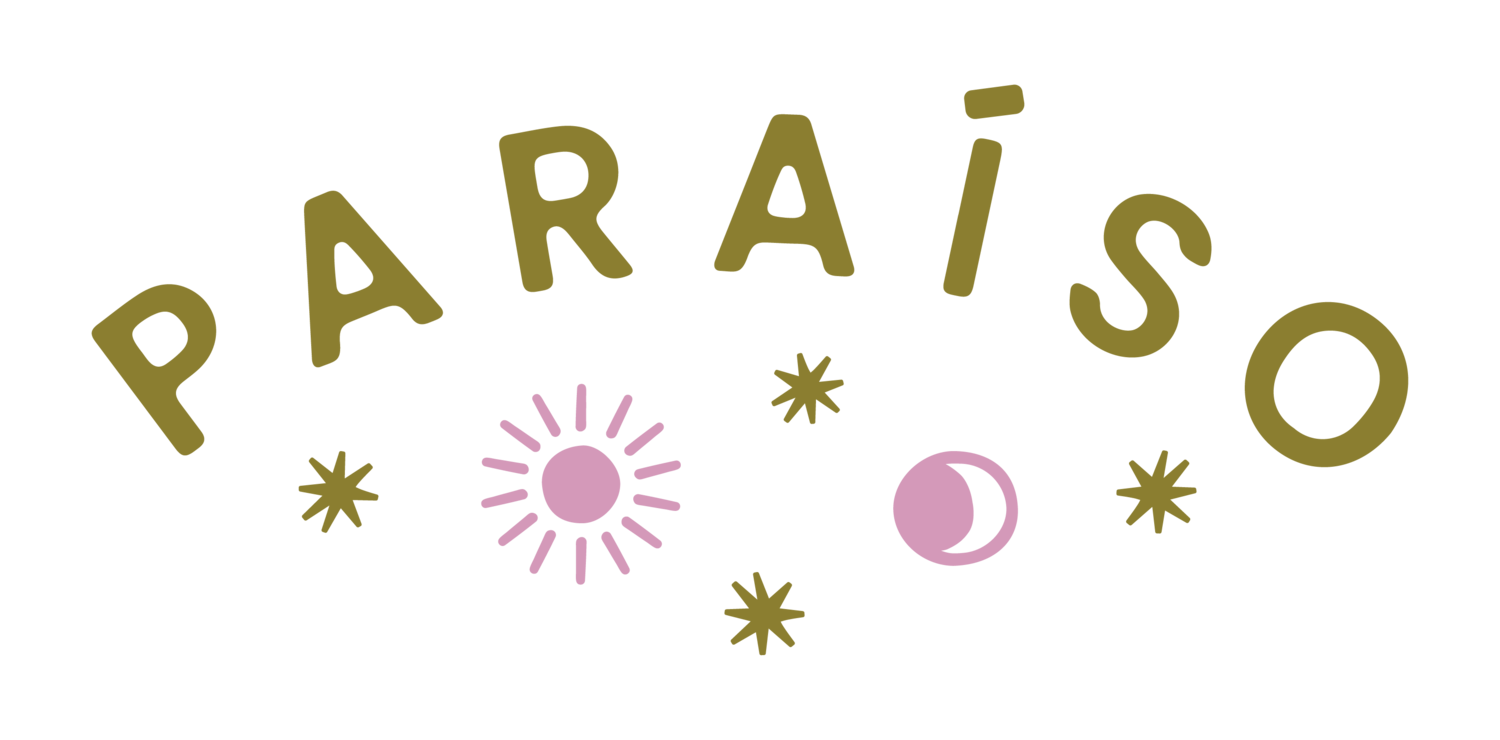ABOUT TEQUILA
Tequila is the modern name for a regional mezcal born in the Jaliscan valley of the same name. It is made from a single subvarietal of agave – A. tequilana Weber, blue variety – commonly known as the blue agave. While tequila was the first mezcal to become widely know outside of Mexico, since 1974 it has not legally been classified as a mezcal.
Blue agave. Image by Ekaterina Belinskaya
What does Tequila mean?
The word tequila probably comes from the Nahuatl (Aztec) language and translates to "the place where plants are harvested," or possibly "the place where a lot of work is done," according to Jose Maria Muria in his book, "A Drink Named Tequila."
Jalisco is the birthplace of tequila
Like Scotch, Cognac and Champagne, tequila is a “Denomination of Origin” beverage, meaning that it can only legally be produced in a certain region of the world. The Mexican state owns the right to the word “tequila,” and determines the territory where it can be produced. The tequila DO includes the entire state of Jalisco, as well as parts of the states of Guanajuato, Michoacán, Nayarit, and Tamaulipas. Jalisco is the birthplace of tequila, where the vast majority is still made.
Tequila, Jalisco. Image by outandaboutpv.com


